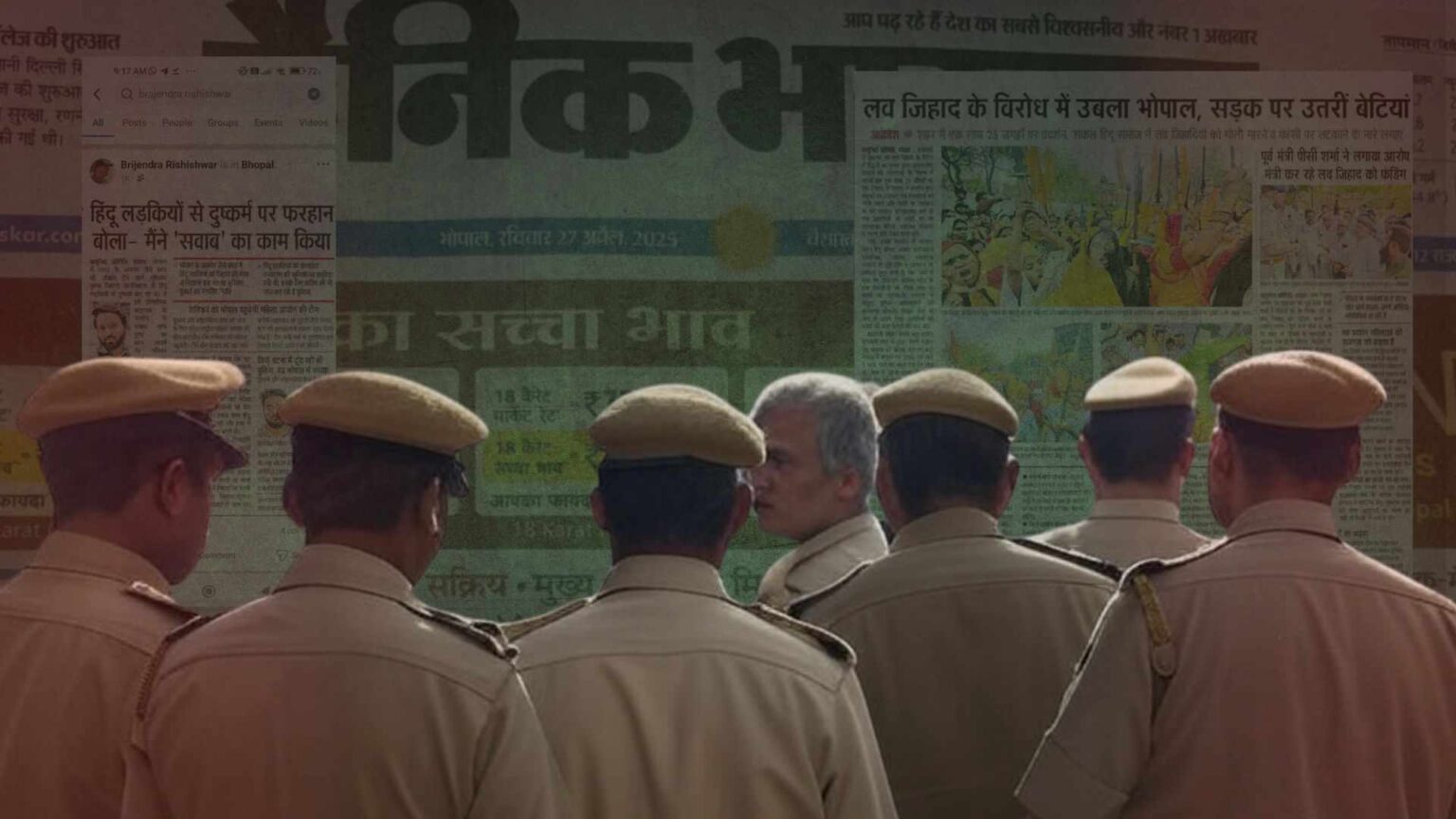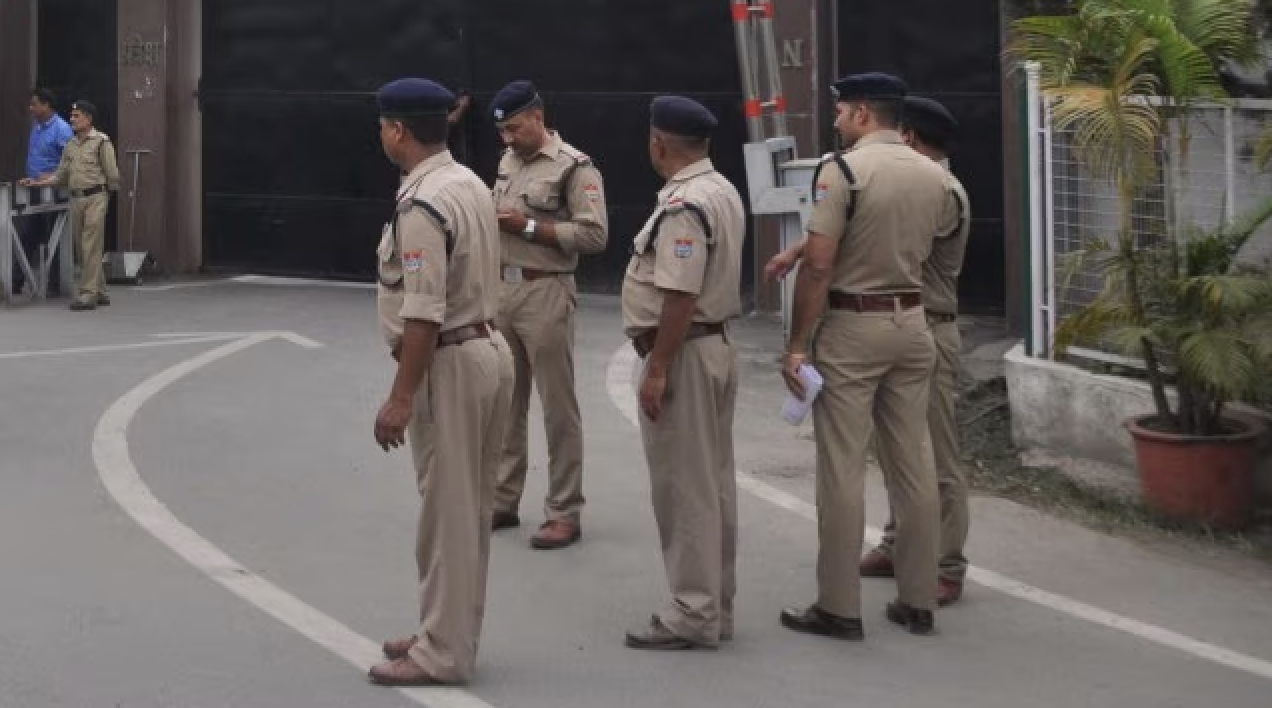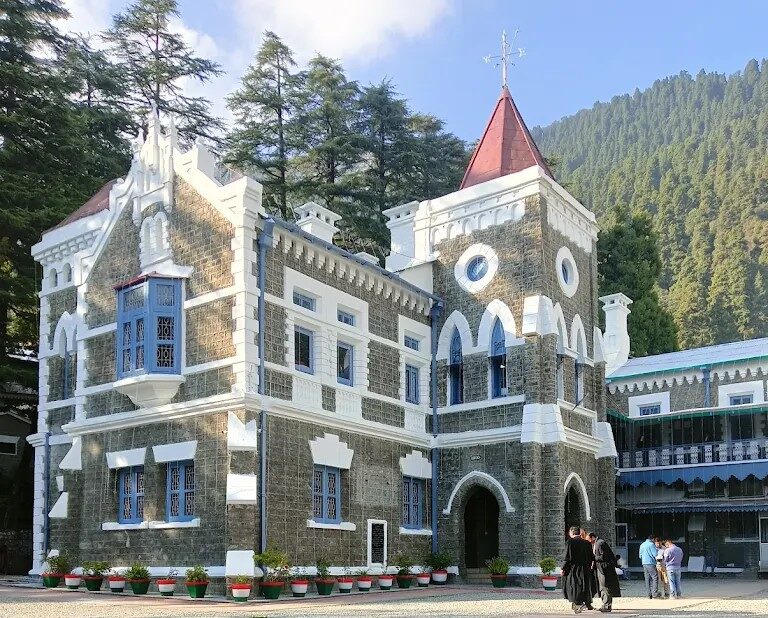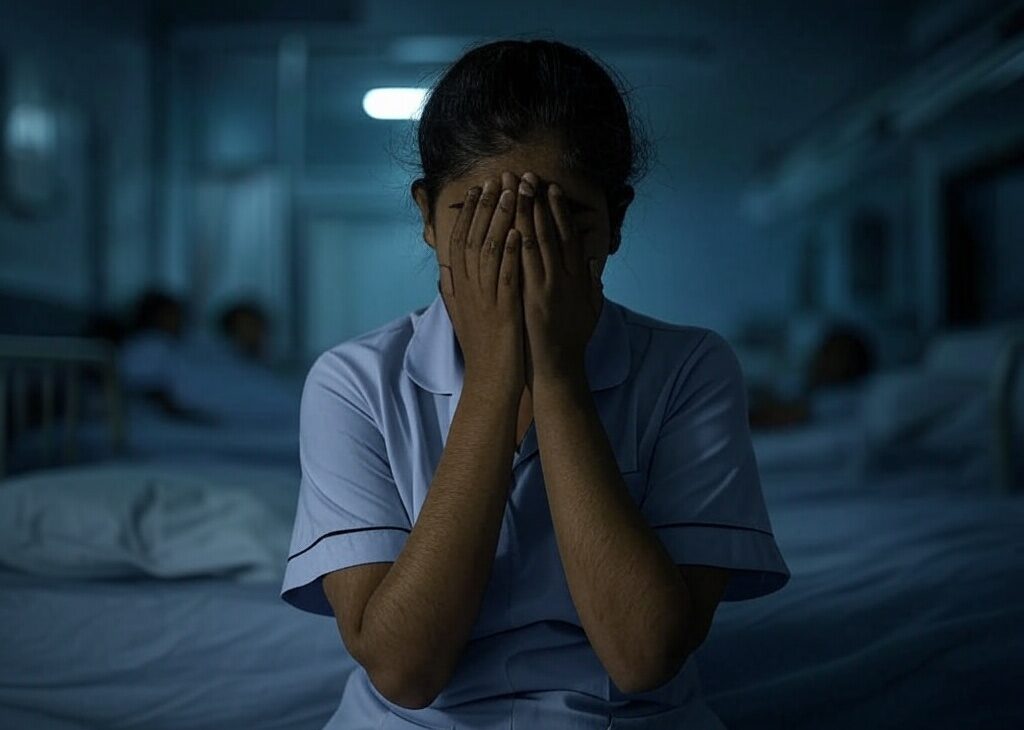
Photo: Ribhu Chatterji
By ANTHONY S ROZARIO / The Quint
Even the slightest commotion takes Khushi back to the afternoon of 24 February 2020 when a mob broke into her home in northeast Delhi’s Bhagirathi Vihar, and dragged her father from under the bed.
The 13-year-old watched her father Musharraf being hit on the head, burnt alive, and being thrown into a sewer.
On the other hand, in neighbouring Loni, sleep often evades 13-year-old Mohd. Faiz. Some nights, the visuals of his father’s charred body play on loop in his head before they turn to tears.
For class 5 student Rakhi Singh, her father Prem Singh’s “favourite child,” life has never been the same since 25 February 2020, when his mutilated body was found wrapped in a blanket in northeast Delhi’s Kardampuri.
It’s been two years since communal violence ravaged across parts of northeast Delhi, killing 53 people and injuring hundreds. The children, who lost their fathers or brothers, are still picking up the pieces of their life as they battle trauma, grief, and longing.
A Father Who Never Returned
On hot summer evenings, 13-year-old Mohd. Anas’ father Jamaluddin would bring him Pepsi, and in the winter, tiny packets of peanuts. Of the many things he misses about his father – who was killed on 27 February 2020 in northeast Delhi’s Shiv Vihar – one thing that stands out is a sense of security that enveloped him.
“Now I don’t have these things. How can I when there is a dearth of money at home?” he asks. Losing his father also meant loss of education as he was the sole breadwinner. “For two years, my education suffered because my mother said that there was hardly any money for sustenance,” said Anas.
A similar story played out at Rakhi Singh’s residence in Brijpuri, whose father was one of the 53 people killed in the riot in 2020. Her father Prem Singh was a rickshaw-puller, and his body was found in an open drain in northeast Delhi’s Kardampuri. “He had stepped out to buy milk on 24 February 2020 but never returned home,” said the deceased’s wife Sunita Singh.
After spending a sleepless night, Sunita ran from pillar to post looking for her husband, only to return home empty-handed. “I left my four hungry daughters at home in order to look for my husband. I was so stressed that I lost my way,” she said.
Sunita works as a domestic help, and tries her best to support her children. “On many days, I am unable to even fund a glass of milk for them,” said Sunita. COVID-19 worsened things at home and Rakhi fell off the grid as there was no smartphone at home.
Despite not being able to access online education, Rakhi wrote all school exams, for which she was prepped by a tutor arranged by her mother.
A student at a Delhi government school, she has now resumed regular offline classes.
Dreams Back on Track
Like Rakhi, Khushi’s education and her dream of becoming a lawyer too were interrupted as her father’s death pushed the family to the brink of financial despair. It was the same for Faiz and Anas, both of whom lost their fathers in the riots.
Following the violence, FIRs were lodged in all four murder cases and the families of Faiz, Anas, Rakhi and Khushi received Rs 10 lakh each as compensation from the Delhi government.
Their dreams, however, are slowing finding a home, thanks to Miles2smile, a non-for-profit organisation which started a school in Loni, UP where they teach survivors of the 2020 violence for free.
Asif Mujtaba, the founder of Miles2smile said that the Sunrise Public School has about 300 students from nursery till Class 8, of which around 20 are children impacted by the communal violence of 2020.
Initially a venture funded by friends and colleagues, the school which focuses on a “smile and fun-based curriculum” now completely runs on donations.
Anas, who lost two precious years of schooling following the riots, says “he’s grateful to Asif sir and others who started this school.” Now back to class six, Anas hopes to become an engineer one day.






